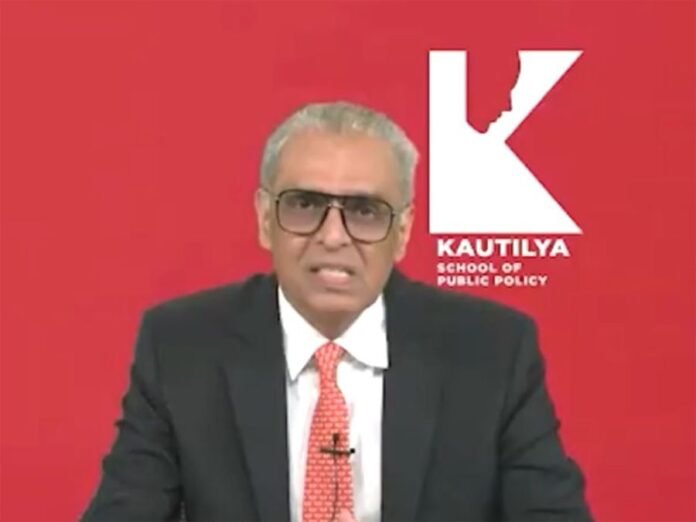Former Indian diplomat Syed Akbaruddin has slammed the US government’s new $100,000 fee for H-1B visas as a “tax on trust” that could damage ties between India and America. Speaking to , he warned that this steep hike risks pushing away skilled Indian talent and hurting the mutual benefits the program has built for years.
The changes come from a recent proclamation by President Trump, jacking up the H-1B visa fee from around $1,500 to a whopping $100,000 for new applications. This applies only to fresh petitions filed after September 21, including those for the 2026 lottery. Existing visa holders and earlier submissions stay safe, according to the US State Department.
Akbaruddin, who once served as India’s top representative at the United Nations, called the H-1B program a “bridge of talent” that has helped thousands of Indian engineers climb global career ladders. Many of them now hold key roles in the US, while American companies get access to skills they can’t always find locally. “It’s a win-win,” he said. “But now, it’s seen as a loophole, not a ladder.”
He argued that taxing skilled migration like this hurts everyone involved. “Partners don’t choke talent—they channel it,” Akbaruddin noted. “A $100,000 toll on that bridge will damage both sides. Public goodwill is perishable, and we must handle young people’s dreams with care.” If tariffs tax goods, he added, this H-1B fee hike is a tax on trust, potentially eroding the strong India-US relationship.
The overhaul has raised fears it could derail high-skilled jobs for Indians in the US. Akbaruddin highlighted how the program has bridged cultural gaps and boosted both societies. “Thousands of young Indians have benefited, and so has American society,” he said. “This shouldn’t happen.”
To fight back against the US H-1B visa changes, Akbaruddin pushed for India to boost its Global Capability Centres (GCCs) as a smart way to keep talent at home. These hubs could attract returning workers, spark innovation, and even increase exports. “If America won’t take the talent, the work will come to India instead,” he explained. “We should see this as a chance to recalibrate, not a loss.”
GCCs are booming in cities like Bengaluru and Hyderabad. For instance, Novartis runs advanced clinical testing in Hyderabad, while GE and Airbus operate major facilities in Bengaluru. Right now, these centers export about $68 billion a year, with forecasts hitting $128 billion by 2030. Akbaruddin pointed out there are around 1,400 GCCs in India today, expected to double to 2,400 by the end of the decade. Salaries there match Germany’s per capita income levels, showing their rapid growth.
He urged a “come home to build” mindset. “GCCs aren’t just local—they’re global players blending outside investment with Indian talent,” Akbaruddin said. “India must plug into worldwide value chains using our human resources, innovation, and foreign know-how.”
As India adjusts to the Trump H-1B proclamation, experts like Akbaruddin see GCCs as a proactive step to retain skilled workers and strengthen the country’s role in global tech and business.
Stay informed on all the latest news, real-time breaking news updates, and follow all the important headlines in world News on Latest NewsX. Follow us on social media Facebook, Twitter(X), Gettr and subscribe our Youtube Channel.



